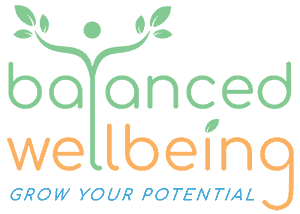Those of you who have been keeping up to date with my Balanced Wellbeing Centre FB page will know that I completed Tony Robbins’ 4 day ‘Unleash the Power Within’ program last weekend. What a buzz.
I first read his books ‘Unlimited Power’ and ‘Awaken the Giant Within’ in my 20s. They changed the way I saw my potential at that time in my life. If you’ve never read his books, I highly recommend them.
Anyway, something he refers to a lot is that we can change our self-defeating patterns by changing our habits. In therapy I say a lot to clients that behaviour change comes from changing habits. Sounds easy, but we all know it’s not. So, I thought it might be helpful to understand the science of habits.
What’s a habit? It’s a regular tendency to behave in a certain kind of way repeatedly. Habits can be health-defeating or health-promoting Of course, we all want to establish health-promoting habits but get stuck somewhere along the way. The reason is that with repetitive engagement in self-defeating habits, they become conditioned. Conditioning is basically a learnt behaviour that our brain has paired with a stimulus. For e.g., a bully teases us, we feel bad, immediately afterwards we eat lunch, we feed good, the brain associates food as a stimulus or ‘strategy’ to counter act the effects of feeling bad because the brain knows that negative emotions produce detrimental effects to wellbeing.
Knowing how habits are formed means we can use the same science to change them. However, changing them is a fraught with resistance, emotional blockages, and self-sabotage. The work I do with clients in therapy to change habits is generally around identifying what is getting in the way of change, deactivating the hold these negative thoughts have to changing, and replacing them with more emotionally elevating thoughts. Then it’s a matter of reaching the changed results with repetition. It can take anywhere from a month to 3 months to consolidate a changed habit. Repetition is the key to sustaining the changed behaviour.


